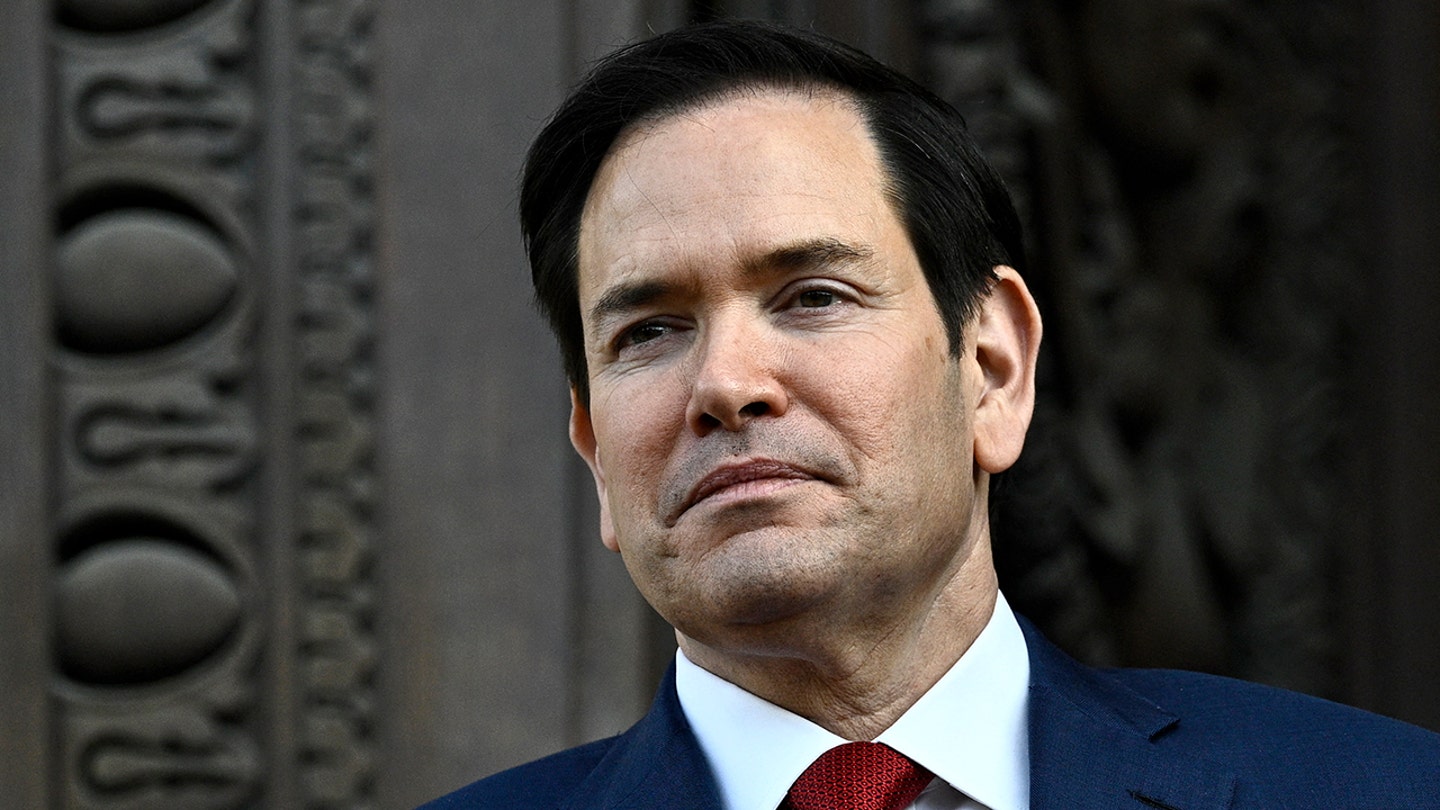
House Democrats call on Rubio to allow injured children from Gaza into US following visa halt
Entities mentioned:
- House Democrats: Moral outrage, Justice, Compassion
- Trump administration: Security, Control, Wariness
- Marco Rubio: Security, Duty, Wariness
- State Department: Security, Control, Duty
- Hamas: Power, Control, Influence
- Israeli government: Security, Control, Self-preservation
Article Assessment:
Credibility Score: 75/100
Bias Rating: 40/100 (Lean Left)
Sentiment Score: 35/100
Authoritarianism Risk: 45/100 (Mixed/Neutral)
Bias Analysis:
The article leans slightly left, giving more space to Democratic concerns and humanitarian arguments. While it includes Rubio's perspective, it frames the visa halt more critically and emphasizes the potential negative impact on children needing medical care.
Key metric: US Foreign Policy Effectiveness
As a social scientist, I analyze that this article highlights a conflict between humanitarian concerns and national security interests in US foreign policy. The decision to halt visas for Gaza residents, including children needing medical care, demonstrates a prioritization of security concerns over humanitarian aid. This policy shift could impact the US's global image and its ability to balance hard and soft power in international relations. The congressional pushback indicates internal disagreement on the appropriate balance between security and humanitarian considerations, which could lead to policy adjustments. The situation also underscores the complex interplay between domestic politics, international relations, and humanitarian issues in US foreign policy decision-making.

State Department human rights report scaled back, omits details on abuses in politically allied countries
Entities mentioned:
- US State Department: Control, Influence, Duty
- Trump administration: Power, Control, Influence
- Marco Rubio: Loyalty, Power, Influence
- Michael Honigstein: Professional pride, Duty, Righteousness
- Tammy Bruce: Loyalty, Duty, Control
- El Salvador government: Power, Control, Self-preservation
- Israeli government: Self-preservation, Power, Control
- Hamas: Power, Control, Revenge
- Russian government: Power, Control, Influence
- Chinese government: Power, Control, Unity
Article Assessment:
Credibility Score: 65/100
Bias Rating: 55/100 (Center)
Sentiment Score: 30/100
Authoritarianism Risk: 55/100 (Mixed/Neutral)
Bias Analysis:
The article presents multiple perspectives and cites specific examples of changes in the report. However, it leans slightly critical of the administration's approach, which may reflect a slight center-left bias in framing.
Key metric: Global Democracy Index
As a social scientist, I analyze that the significant reduction in detail and criticism within the State Department's human rights report suggests a shift in US foreign policy priorities. This change appears to downplay human rights concerns in countries politically aligned with the current administration, potentially impacting the Global Democracy Index. The omission of specific sections on issues like LGBTQ+ rights, women's rights, and racial violence indicates a narrowing focus on human rights reporting. This could lead to decreased international pressure on human rights violators and potentially embolden authoritarian regimes. The report's streamlining may reduce its effectiveness as a tool for human rights advocacy and diplomatic leverage, potentially weakening the US's role in promoting global democracy and human rights standards.